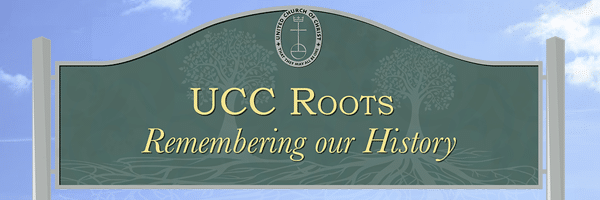Cultivating Conversation about Race, Gender and Class
 She had two daughters. She loved the church, she knew education was important, and she was deeply involved in volunteer work. Yet she felt that God was calling her to do more.
She had two daughters. She loved the church, she knew education was important, and she was deeply involved in volunteer work. Yet she felt that God was calling her to do more.
Marilyn Adams Moore (1933-1991) grew up as a Presbyterian in New York City. She was a committed laywoman who did not see herself as a preacher. Yet the transforming power of the Holy Spirit changed her life. Eventually she graduated from New York Theological Seminary, was ordained in the United Church of Christ, and served for a time as an assistant minister at St. Alban’s Congregational Church in Queens.
Moore became secretary for racial and social justice with the UCC Board for Homeland Ministries, helping clergy and laity respond to social issues and support immigrant women and the homeless. She also held positions with the National Council of Churches and the Interreligious Foundation for Community Organization.
Her most significant work was with the UCC Commission for Racial Justice, serving as assistant director alongside Charles E. Cobb. She shaped many Commission programs—especially the campaign to free the Wilmington Ten, and to support Marie Hill, a 17-year old African American woman from North Carolina who had been condemned to death for committing murder.
In the national UCC offices Moore played a key role on the “Women’s InterStaff Team,” bringing women staff together to cultivate honest and open dialogue about the intersection of race, gender and class. She pressed UCC leaders to create a new “Council for Racial and Ethnic Ministries (COREM).” Such a Council, she believed, would encourage UCC sisters and brothers to collaborate with each other for more effective and relevant racial and ethnic ministries. She believed that one table surrounded by various colors, stories and gifts would inspire the UCC.
Collaborator: Yvonne V. Delk
Related News
An ally experiences PRIDE in the CLE
Advocacy and Action for Women's and Gender Justice Local events stir thoughts and...
Read MoreUCC Releases Menstrual Health Toolkit
Advocacy and Action for Menstrual Health and Justice Work with partners Church World Service...
Read MoreUCC Presence at United Nations
Advocacy at Commission on Status of Women United Nations’ Commission on the Status of Women...
Read More
